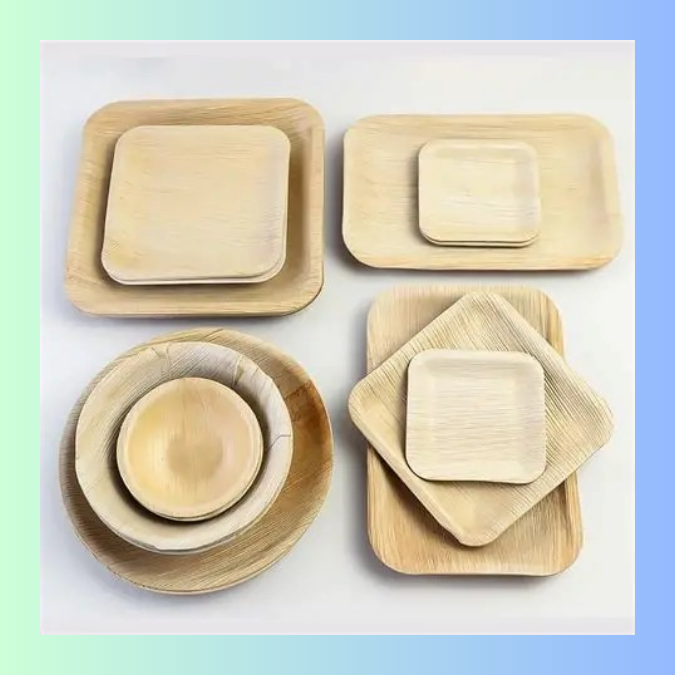
Eco-Friendly Products in India: The Rise of Biodegradable Tableware
In a world increasingly aware of environmental challenges, eco-friendly products are no longer a niche but a necessity. India, with its growing focus on sustainability, is witnessing a surge in demand for biodegradable tableware, particularly bagasse plain plates. These products, made from renewable materials like sugarcane bagasse, offer a sustainable alternative to plastic and Styrofoam, reducing waste and promoting a greener future. Below, we explore the top 10 compostable tableware manufacturers in India, highlight the benefits of eco-friendly bagasse plain plates, and provide compelling content with a tagline to inspire sustainable choices.
“Green Today, Thriving Tomorrow – Choose Biodegradable, Choose Life!“
Why Choose Eco-Friendly Bagasse Plain Plates?
Bagasse, the fibrous residue left after sugarcane juice extraction, is a game-changer in the world of eco-friendly tableware. Here’s why bagasse plain plates are a top choice for environmentally conscious consumers and businesses:
100% Biodegradable and Compostable: Bagasse plates decompose naturally within 30-180 days under proper composting conditions, leaving no harmful residues. Unlike plastic, which can take centuries to break down, bagasse returns to the earth as nutrient-rich compost.
Sustainable and Renewable: Made from sugarcane waste, bagasse plates repurpose agricultural byproducts, reducing landfill waste and air pollution from burning sugarcane residue.
Sturdy and Versatile: These plates are grease-resistant, microwave-safe, and suitable for hot and cold foods, making them ideal for restaurants, catering, and home use.
Chemical-Free and Safe: Free from PFAS, BPA, and other harmful chemicals, bagasse plates ensure food safety and reduce health risks associated with traditional disposables.
Aesthetic Appeal: With a clean, natural look, bagasse plain plates enhance food presentation while aligning with eco-conscious values.
By choosing bagasse plain plates, you’re not just serving food—you’re serving a sustainable future.

